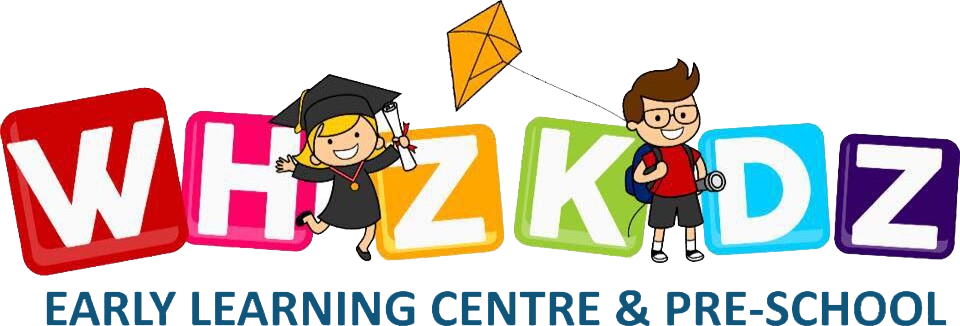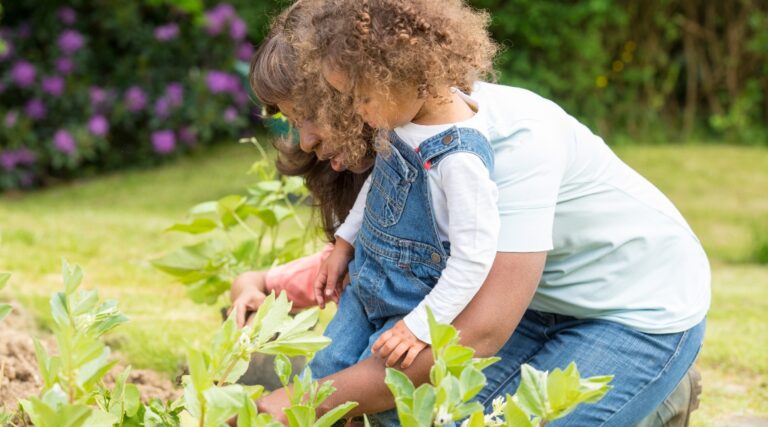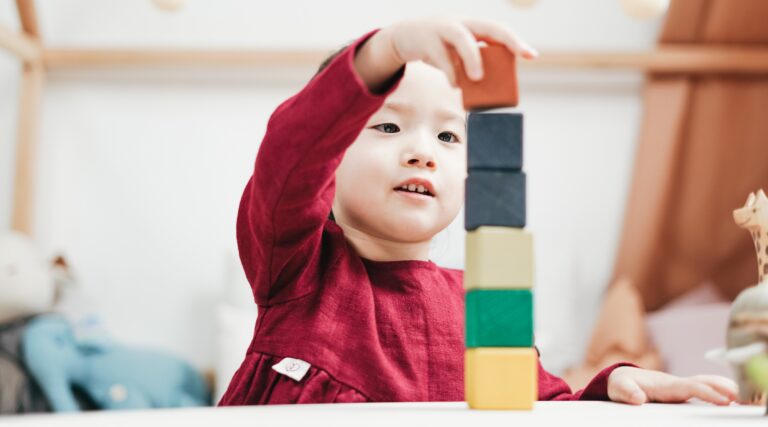The Importance of Positive Reinforcement in Early Childhood Education
At Whiz Kidz Northmead, we understand that positive reinforcement is crucial in early childhood education for several reasons. These include:
Motivation and engagement
Positive reinforcement encourages children to engage in desired behaviours and motivates them to participate actively in learning activities. When children receive praise and encouragement for their efforts and achievements, they are more likely to be motivated to continue learning and striving for success.
Building self-esteem and confidence
Positive reinforcement boosts children’s self-esteem and confidence by acknowledging their strengths, efforts, and accomplishments. When children receive positive feedback and recognition for their achievements, they develop a sense of competence and belief in their abilities, which fosters a positive self-image and resilience in the face of challenges.
Creating a supportive learning environment
Positive reinforcement helps create a supportive and nurturing learning environment where children feel valued, respected, and supported. When teachers and caregivers provide encouragement, praise, and affirmations, children feel safe to take risks, make mistakes, and explore new ideas without fear of judgment or criticism.
Fostering intrinsic motivation
Positive reinforcement promotes intrinsic motivation by encouraging children to develop a love for learning and a desire to engage in activities for their own sake, rather than for external rewards or approval. When children experience the intrinsic satisfaction of mastering a new skill or achieving a goal, they are more likely to be motivated to continue learning and exploring.
Promoting positive behaviour
Positive reinforcement is an effective strategy for promoting positive behaviour and classroom management. By praising and rewarding desired behaviours such as cooperation, kindness, sharing, and problem-solving, teachers can reinforce these behaviours and create a positive classroom culture based on mutual respect and cooperation.
Enhancing social-emotional development
Positive reinforcement contributes to children’s social-emotional development by fostering positive relationships, empathy, and prosocial behaviour. When children receive positive feedback and recognition for acts of kindness, empathy, and cooperation, they learn the importance of caring for others and building meaningful connections with peers and adults.
Improving learning outcomes
Research has shown that positive reinforcement is associated with improved learning outcomes and academic achievement. When children receive positive feedback and encouragement for their efforts, they are more engaged in learning activities, retain information better, and demonstrate higher levels of academic performance.
Overall, positive reinforcement plays a critical role in early childhood education by motivating children, building their self-esteem and confidence, creating a supportive learning environment, fostering intrinsic motivation, promoting positive behaviour, enhancing social-emotional development, and improving learning outcomes.
The educators at Northmead Whiz Kidz incorporate positive reinforcement strategies into all our teaching practices in order to support the holistic development of children under our care and lay the foundation for lifelong learning and success.







